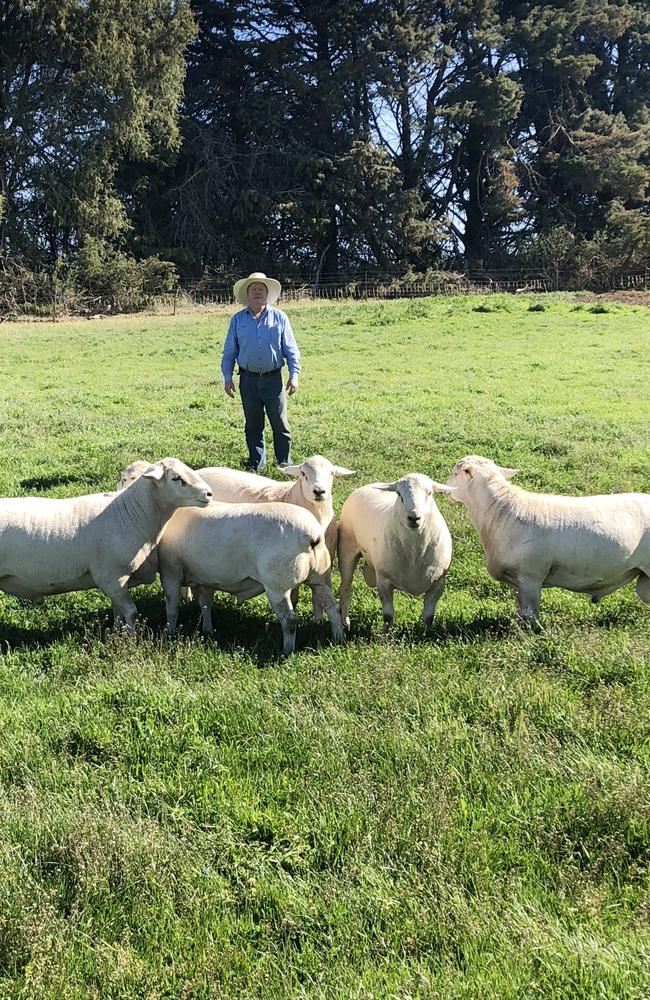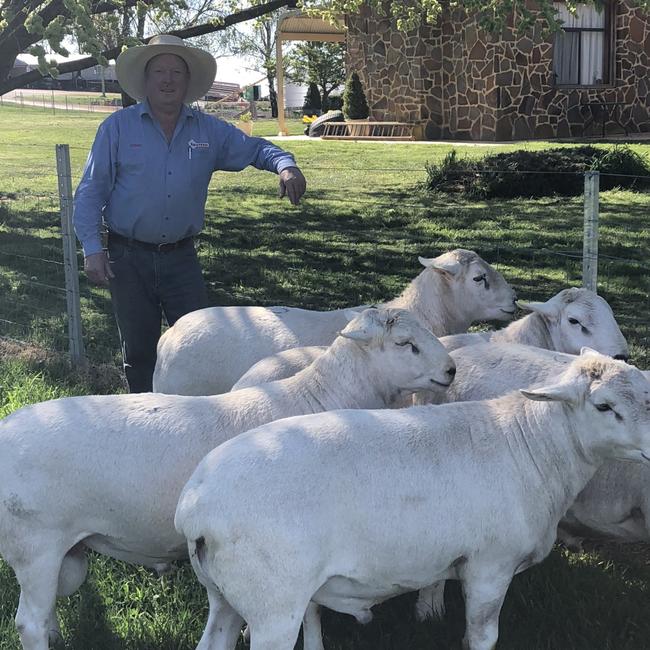NSW farmers exposed to toxic chemicals from recycling scheme
NSW farmers and their families have been exposed to toxic chemicals in a government recycling scheme dumping soil laced with lead, fire-retardants and mercury on their land and crops.
NSW
Don't miss out on the headlines from NSW. Followed categories will be added to My News.
NSW farmers and their families have been exposed to toxic chemicals in a government recycling scheme dumping soil laced with lead, fire-retardants and mercury on their land and crops.
The government plans to permanently kill the so called “green” program introduced by Labor after a damning new EPA report, The Daily Telegraph can reveal.
The assessment also finds the material — which is recycled waste from household red lid bins — can cause “plant growth problems” and “unacceptable ecological risk”, in a blow to farmers already reeling from drought pain.
Environment Minister Matt Kean last night said he would not “stand by and let this product damage our environment and put at risk people’s health”.
“I don’t want to see pesticides, plastics and PFAS (per and polyfluoroalkyl substances) in our environment, let alone put there under the banner of recycling,” he said.

MORE NEWS
New plan to protect phones from scams
Alan Jones breaks down live on Sky News
Child killer Tim Kosowicz walks free from psych ward
It comes a year after the Telegraph revealed there were concerns about how the waste — including recycled nappies, plastic and glass — was being spread on crops.
At the time, the government paused the program and ordered another review which has now confirmed the extent of the risks for farmers who have come into contact with the soil either directly, by eating food crops, or indirectly by consuming dairy or meat from livestock in contact with the soil.
The chemicals identified in the report, dated August 30, are cancer-causing and have also been linked to infertility.
The same risk does not extend to the general population because of the way produce is treated and diluted in the general market.

However, the government is not aware of how many people could have been exposed directly, with the practice now decades old. Recently, 160,000 tonnes of the soil has been applied to all types of land a year.
The report finds that “direct exposure on a regular basis to soil where (the material) has been applied directly to the ground surface is estimated to be higher than the reference dose for PBDEs until it is trampled in”.
The same assessment applies to people regularly consuming homegrown fruit and vegetables where the material is incorporated into topsoil.
It also found that people who regularly consume homegrown milk or meat produced from grazing land where the material has been applied directly to the ground are estimated to be exposed to higher than the reference doses for PFAS.
NSW Farmers Federation chief Peter Arkle said NSW had a “hard-earned reputation for cleanliness and anything that could jeopardise that is very concerning”. He said farmers would be concerned about the impact of the material on their export chains.
Sheep farmer Graham Gilmore said he had never been told about possible health impacts from the soil, but added he had once been puzzled to find a used toothbrush and pen with a phone number on it in soil he received. He said he stopped using the waste.
“My biggest priority is sending out a premium product,” he said.

